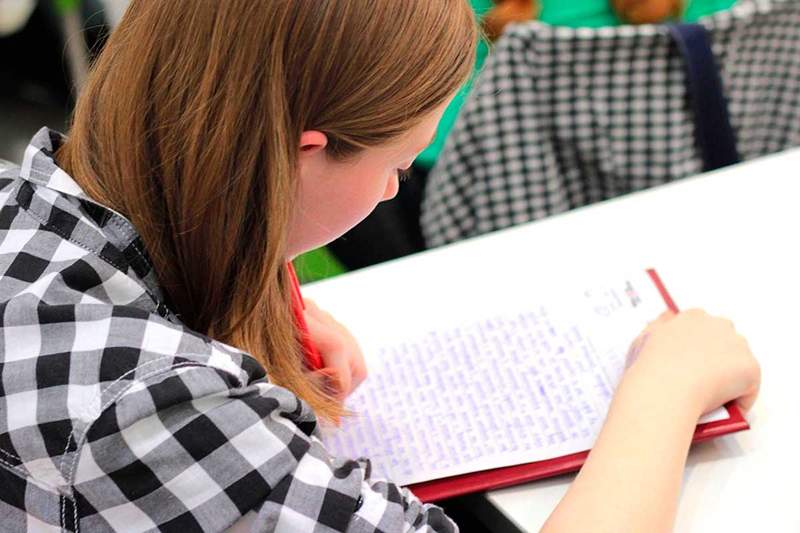THE PLEMA METHOD TO IMPROVE MEMORY 6 RULES

- 3382
- 210
- Hugh Greenholt
The plema method It is part of a methodology that includes several techniques with which the memory process can be improved.
It is not a secret that many people, especially students, need to have some order in their notes to better understand what they try to learn.
This full method goes beyond simple memorization, then, it consists of five phases or techniques that must be applied to obtain knowledge and also retain them.
What is the Plema Method?
The plema method takes its meaning of each of its initial letters. So,
- Pre -reading: in which attention and concentration are implicit.
- Reading: comprehensive, in which it analyzes the information already selected.
- Scheme: or information organization that facilitates the learning process.
- Memorization: To retain what has been learned and,
- Self appraisal: in which you can become aware of the learning process that is carried out.
To bring the application of Plema Method There are those who even make a kind of script where each of the tasks they will do to comply with this methodology.
According to the Modesta López Mejías psychopedagogue, in his research entitled: Methods, procedures and strategies to memorize: necessary reflections for the efficient study activity, in this methodology each term comes to represent a varied study technique.
So, Pre -reading allows you to know what the topic is about, While reading involves reading actively, selecting main ideas and looking for unknown words in the dictionary. In addition, it emphasizes that The underline is essential To point out the key words and help a better understanding.
For this author, the scheme that characterizes the pleum.
Nevertheless, Memorization also implies the monitoring of certain rules, such as the following:
- You should not learn by heart what is not understood.
- The main ideas must be memorized, and then repeat them.
- Everything learned must be related to memories.
- Write several times what has been studied, since visual and motor roads are involved in this process.
- Study with real interest and,
- Repeat aloud what is studied.
In the case of self -assessment, framed in the Plema method, oral explanations on the subject to another person should be applied.
If this is not possible, then a written exam must.
Finally, The written with what is embodied in the book must be compared And, it is crucial, not to incur in self -deception, in case a correct exhibition of ideas has not been made.
The summary plema method
As a summary, the following can be said: If we want our study process to be efficient, This plema method can help us a lot, since it exceeds the memorial.
In the phase or pre -reading technique, the reading that is made is quick, emphasizing the images, titles and any keyword that allows us to codification and decoding the subject.
It is not about underlining everything that is read, but only those ideas that are truly relevant.
Regarding reading, this must be thoroughly, it cannot be done without analyzing what we try to understand why then the results will not be achieved, then, The mind needs to process and understand information. Therefore it is emphasized that the reading is comprehensive.
The elaboration phase is given once the information is collected and the most remarkable is extracted and shaped to study it. We can use techniques such as summaries, schemes, concept maps in this phase, synoptic pictures, among others.
As for memorization, this will be much easier to store in our memory, since it is supposed to already have a certain way and, once processed, it can be recovered again.
There are those who study and intend to start memorizing as an initial step. It is here where everything fails because, as we have observed, you must first shape and provide meaning to reading.
The Self -evaluation will be done a few weeks or days before exam. In this step, the student must sincere himself and question himself on the subject. Here you can also reinforce everything you consider that you are weak and deserve a review.
Learning styles test
Bibliography:
- Delacôte, g. (1998). Teach and learn with new methods. Barcelona: Gedisa.
- López Mejías, M., Jústiz Guerra, M., & Cuenca Díaz, M. (2013). Methods, procedures and strategies to memorize: Reflections necessary for efficient study activity. Medical Humanities, 13(3), 805-824.
- Well, j. Yo., & Monereo, C. (2001). Strategic learning. University teaching, 2(2), 105-109.
- Schunk, d. H. (1997). Learning theories. Pearson Education.

